
click image to zoom
In this book I tell the story not only of the bringing of honey bees to America, but also how beekeeping changed from a minor accompaniment to the family’s garden, to a significant industry more like dairy farming. The beekeeper went from being a slightly odd character having some secret knowledge and a bit of tolerance for bee stings—to a…
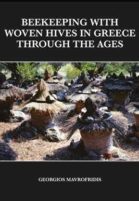
click image to zoom
This book is an original study on beekeeping which, apart of course from the existing modern literature, is based on four pillars: 1. the study of the relevant ancient Roman and Byzantine literature; 2. the study of the works by foreign travelers who visited Greece from the 17th to the 19th centuries to gather information on beekeeping and wicker hives;…

click image to zoom
REVIEW by Michael Freedman FCA, FPFS " Snelgrove was a school master and bee inspector for Somerset, he gained a MSc for research into bee diseases in 1920 and a MA in 1922 for Beekeeping in Roman Times, and was a life member of the BBKA and a past president. As a classicist, it enabled him to read the ancient…
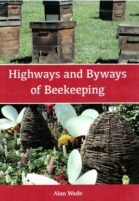
click image to zoom
Alan Wade is a research scientist and has kept bees for well over forty years. In Highways and Byways of Beekeeping he ventures down some of the many. back roads beekeepers have taken. He explores the limits of our knowledge and understanding of honey bees while introducing us to some of the lost arts of beekeeping practice. Highways and Byways…
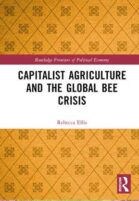
click image to zoom
Capitalist agriculture relies heavily on the pollination work of bees, but this system harms bees in innumerable ways. Indeed, human agriculture is one of the main culprits for the declining populations of wild bees and the declining health of honeybees. This book presents a political ecology of pollination that critically examines how managed honey bees and wild bees are harmed…
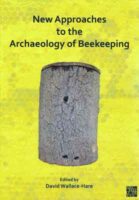
click image to zoom
New Approaches to the Archaeology of Beekeeping aims to take a holistic view of beekeeping archaeology (including honey, wax, and associated products, hive construction, and participants in this trade) in one large interconnected geographic region, the Mediterranean, central Europe, and the Atlantic Façade. Current interest in beekeeping is growing because of the precipitous decline of bees worldwide and the disastrous…
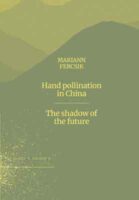
click image to zoom
Not the normal beekeeping volume, tells little about bees BUT highlights the dangers of losing them. This high quality photographic volume by an ethnographic researcher tells a visual story of the possible dangers facing us all on this planet. Will be of interest, not only to beekeepers, but all with concerns on pesticide usage and global warming. "Hand pollination in…
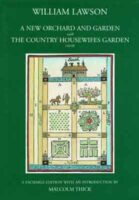
click image to zoom
The first edition of A New Orchard and Garden and The Country Housewifes Garden was published in 1618. This facsimile is taken from the printing of 1656 in Gervase Markham’s A Way to get Wealth, itself first published in 1623. Lawson is a very early listing (Number 20) in The British Bee Bibliography and is important in dealing with skep…
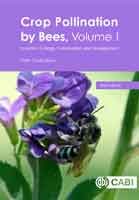
click image to zoom
Since the second half of the 20th Century, our agricultural bee pollinators have faced mounting threats from ecological disturbance and pan-global movement of pathogens and parasites. At the same time, the area of pollinator-dependent crops is increasing globally with no end in sight. Never before has so much been asked of our finite pool of bee pollinators. This book not…
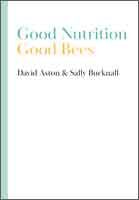
click image to zoom
David Aston
Sally Bucknall
The importance of pollinator species to man’s survival and the functioning of the world’s ecosystems is recognised. Environmental and other stressors have taken their toll on many pollinator species and their abundance. The European Honey bee (Apis mellifera) and man have had a long mutually beneficial relationship and it is vital that this continues. Like all organisms, honey bees need…
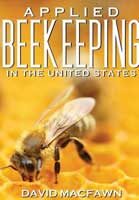
click image to zoom
The beginner as well as the experienced professional will garner a hive full of information from Applied Beekeeping in the United States. Honeybee information has been compiled and published in book form in hopes that beekeepers in the United States and worldwide will benefit. There are many topics in this book not contained in more theoretical books and through 342…
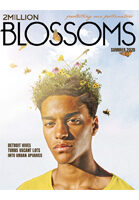
click image to zoom
1 Years Subscription – Print Edition, 4 Issues mailed to your door. Current issue No.3 Summer 2020. Northern Bee Books has been appointed the UK agents for this new American 100 page quarterly magazine. The magazine deals with all aspects of pollination and pollinators, of vital interest to this world. Subscribe today and learn more about our diverse pollinators and…
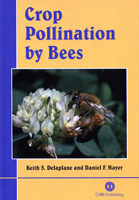
click image to zoom
Keith S. Delaplane
Daniel F. Mayer
The collapse of the ubiquitous honey bee population during the past 20 years has caused a pollination vacuum for many crops. Surveys and grower experience indicate that a crisis exists in our pollinator populations. This book is an accessible, practical and authoritative research-based guide to using bees for crop pollination. It emphasises conserving feral bee populations as well as more…
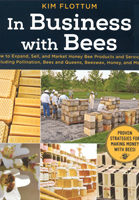
click image to zoom
Ready to take your beekeeping skills to the next level? In Business with Bees provides the answers you need. "The only way to save the honey bee is to save the beekeeper. All the rest comes in second," says bestselling author and beekeeping expert Kim Flottum. Here, Flottum shows you how to save bees, beekeepers, and your business. He'll take…
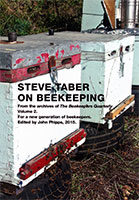
click image to zoom
This collection of articles from The Beekeepers Quarterly, over a period of ten years, gather together the words of wisdom by a Great American Beekeeper. There is much that can be learnt from this reading this volume that will improve all beekeeping practice. Researcher, commercial beekeeper and finally bee geneticists - with experience in both America and Europe it was…
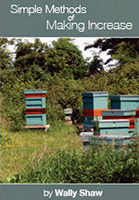
click image to zoom
This booklet originally published by the Welsh Beekeepers Association this title is meant for those with two or three hives who wish to make small increases without influencing the eventual honey crop.
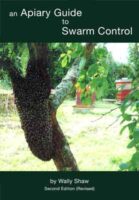
click image to zoom
The title tells it all. This booklet originally published by the Welsh Beekeepers Association is a very sound introduction to swarm control for all small scale beekeepers. There is no doubt that swarm control is simultaneously the most important and most difficult aspect of colony management with which beekeepers have to deal - if they chose to do so, of…
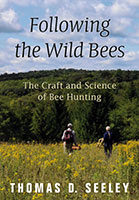
click image to zoom
Following the Wild Bees is a delightful foray into the pastime of bee hunting, an exhilarating outdoor activity that used to be practiced widely but which few people know about today. Thomas Seeley, a world authority on honey bees, vividly describes the history and science behind this lost pastime and how anyone can do it.
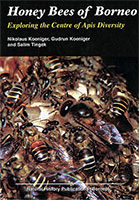
click image to zoom
Gudrun Koeniger
Nikolaus Koeniger
Salim Tingek
Nikolaus Koeniger and his wife have spent years exploring this centre of Apis Diversity
.
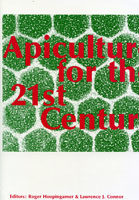
click image to zoom
Roger Hoopingarner
Lawrence J. Connor
Apiculture for the 21st Century is the account of a symposium held to record the retirement of Professor Roger Hoopingarner from Michigan State University. As such it is a carefully constructed review of current research efforts and future possibilities.
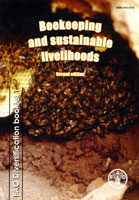
click image to zoom
Martin Hilmi
Nicola Bradbear
Danilo Mejia
This booklet is intended to raise awareness and promote beekeeping, among people and organisations involved in supporting small-scale farming as a successful diversification enterprise that small-scale farmers in rural, urban and urban centres can integrate into their farming systems easily. This publication is by the Rural Infrastructure and Agro-Industries Division of The Food and Agriculture Organisation of the United Nations…
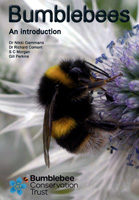
click image to zoom
Nikki Gammans
Richard Comment
S. C. Morgan
Gill Perkins
This Bumblebee Conservation Trust book introduces this charismatic species to a wider audience. Written by Trust staff, it covers bumblebee biology, their decline and conservation and what you can do to help them in your garden and beyond. It also has an essential identification guide to all UK bumblebee species, packed with over 250 colour photographs.
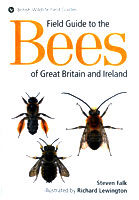
click image to zoom
This extensively illustrated volume is a guide to the 270 species of bees in Britain. It will certainly establish itself as the key volume in this area of interest. The volume will allow readers to identify all of the bees in Britain, Ireland and the Channel Islands. It provides the latest information on ecology, status and distribution and furnishes colour…
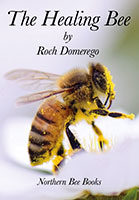
click image to zoom
It has always been a well-known fact that products from the beehive are good for human health. However, recent scientific research has proved that various substances produced by honeybees, as well as innumerable possible combinations with plant material, possess real medical properties. Ten years after its first publication, this book has become a work of reference in its field. Translated…
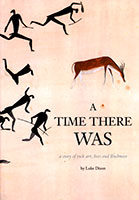
click image to zoom
This is a tale, punctuated with short myth-like stories, which describes a honey-hunting episode in darkest Africa at the dawn of civilisation. The prose is magnificent, the stories delightful, a book to take you far, far away from the despoiled world in which we live today.
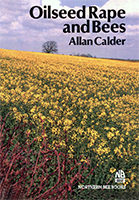
click image to zoom
For Beekeepers to be able now to rely, for an indefinite number of years to come, upon the regular annual availability, in May and June, of a huge new nectar source, is for them an historic advance. The pattern of working through the beekeeping year is changed by it and a new yearly flow of nectar and honey is in…
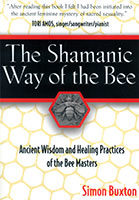
click image to zoom
Bee shamanism may well be the most ancient and enigmatic branch of shamanism. It exists throughout the world - wherever, in fact, the honeybee exists. Its medicinal tools - such as honey, pollen, propolis and royal jelly - are now in common usage and even the origins of Chinese acupuncture can be traced back to the ancient practice of applying…
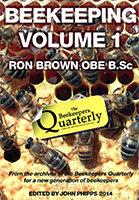
click image to zoom
This the first of a series of booklets which gather together the contributions by leading beekeepers to The Beekeepers Quarterly. Ron Brown OBE, B.Sc was a most practical beekeeper with experience in both in Africa and the UK. These articles cover all aspects of the craft and serve as a fine memorial to a great beekeeper as well as passing…
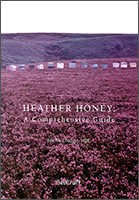
click image to zoom
This full colour volume provides detailed advice for successful Heather honey production from hive preparation through to honey exhibition. Additionally, the extra background and historical detail makes it an interesting and memorable read, not just for beekeepers, but as a quality reference book to add to your bookshelf. The author has in excess of 65 years experience of beekeeping and…
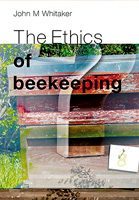
click image to zoom
This book tries to set out where, in beekeeping, there are ethical choices to be made. The choices are complicated as they impinge not just on the beekeeper, but also on the welfare of the bees, other beekeepers and society in general. Due to the very nature of ethical choices, there will be contradictions and counter arguments. This is not…
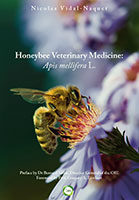
click image to zoom
This book provides an overview of bee biology, diseases, parasites, (with a large part dedicated to the mite Varroa destructor) pests and veterinary treatment and actions relating to be health. Current topics such as climate change, crop pollination antibiotic resistance and Colony Collapse Disorder are also covered. While aimed at veterinary practitioners, this volume will be beneficial to beekeepers, and…
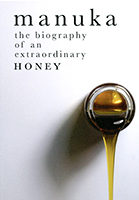
click image to zoom
Not so long ago, in a small island nation in the South Pacific, beekeepers produced a most peculiar honey. It was much darker than clover honey everyone put on their toast in the morning, and it tasted very different. In fact the honey was a problem: it was hard to get out of the combs, and even harder for beekeepers…
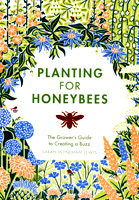
click image to zoom
Our gardens would be unrecognisable without the gentle buzz of the humble honeybee. Yet in recent years bee populations have suffered from the loss of green spaces and need our help. Planting for Honeybees is a charmingly illustrated, practical guide on how to help attract these delightful pollinators - whether you only have a city window ledge or a whole…
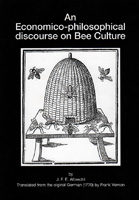
click image to zoom
This booklet is a translation from the Latin, by Frank Vernon of the thesis submitted in 1770 by J.F.E. Albrecht for his Doctorate examination.
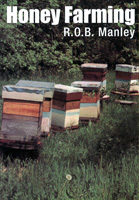
click image to zoom
'Honey farming is a grand job for those who love bees and are interested in producing something from the land; who are hard workers and able to enjoy country life in all weathers. I have been at it for a long while, and my one regret is that I did not start with bee farming when I was twenty instead…
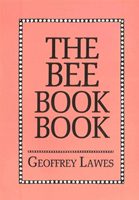
click image to zoom
A quite excellent and very readable account of the ‘how’ the ‘why’ and the ‘worth’ of bee book collection. Geoff Lawes has written a book based on a lifetime of collecting bee books of great value to bibliophiles. He describes clearly the necessary approaches to a collection, the value of editions and condition. A manual for bee book collectors explaining…






































